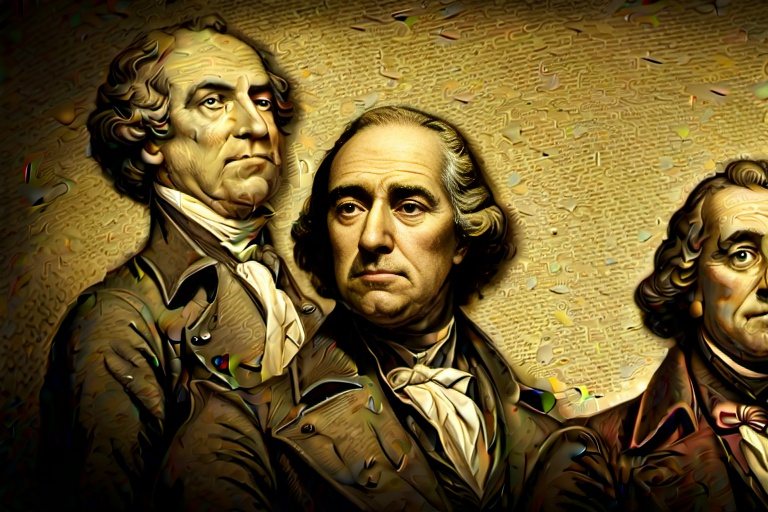The pursuit of coin collecting, with its rich historical roots and potential for financial gain, draws enthusiasts into a realm known as numismatics. This multifaceted pastime requires both a keen eye for detail and a deep appreciation for the individual stories each coin holds. As an editor of a blog dedicated to coin values and collecting, I'm here to guide you through this fascinating world and help you sidestep the pitfalls that can ensnare beginners.
The pursuit of coin collecting, with its rich historical roots and potential for financial gain, draws enthusiasts into a realm known as numismatics. This multifaceted pastime requires both a keen eye for detail and a deep appreciation for the individual stories each coin holds. As an editor of a blog dedicated to coin values and collecting, I'm here to guide you through this fascinating world and help you sidestep the pitfalls that can ensnare beginners.
Avoiding Rookie Mistakes
Regardless of your level of experience, starting off on the right foot—or rather, with the correct coin—could mean the difference between a prized collection and a costly lesson. Here are the most common mistakes and how to avoid them:
Imperative Research
Before making any acquisitions, comprehensive research is indispensable. The coin market's fluctuations and the inherent value of any given piece can be influenced by numerous factors. It's prudent to steadily build knowledge regarding historical trends, pricing, and the factors that establish a coin's worth before investing. Resources like the "Official Red Book - A Guide Book of United States Coins," as well as interactive platforms such as CoinTrackers, offer a wealth of information on valuation, rarity, and grading standards, fostering informed decision-making.
Vetting Vendors
The source of a coin is as important as the coin itself. Unverified vendors can be a conduit for counterfeit currency or offer pieces at inflated costs, so it's pivotal to purchase from established, reputable dealers. Many collectors rely on the directory of the Professional Numismatists Guild (PNG) or seek referrals from seasoned experts in the field. Alongside an impeccable reputation, ensure your dealer adheres to ethical business practices and has a transparent return policy.
Authenticating Your Coins
The authenticity of a coin must be beyond reproach. This ensures the integrity of your collection and its potential for appreciation. Independent third-party grading services like the Professional Coin Grading Service (PCGS) provide impartial assessments, which not only verify genuineness but also assign a condition grade—which can be a determining factor in a coin's market value.
Understanding Coin Value
Comprehending the elements that contribute to a coin's value is paramount. Factors encompassing rarity, condition (often quantified in grades), demand, and its place in history play vital roles. A coin dated from a prolific mintage might not be as valuable as one from a limited issue. Similarly, even a rare coin in poor condition may not achieve a premium price. Cultivate a discerning mindset to differentiate between what is merely old and what is truly valuable.
Protective Storage
The need to protect one's collection from exposure to detrimental environments can't be overstressed. External elements like humidity, pollutants, and even certain storage materials can wreak havoc on these metallic artifacts. The optimal solution is to employ airtight containers—preferably, ones sourced from grading services that provide sealed encapsulations to safeguard your coins from the elements and accidental mishandling.
Insuring Your Collection
One often-neglected aspect of coin collecting is insurance. A specialized valuable articles policy is a safeguard against unforeseen events, covering loss, damage, or theft, and can often be customized to include newly acquired pieces automatically. This layer of protection offers tranquility, knowing that your tangible assets are under a safety net.
Conclusion
By adhering to these principles, the budding numismatist can confidently step into the vast expanse of coin collecting. It's not simply about accruing assets but about embracing a legacy—one that is inherent in the very metal and artistry of the coins. This hobby demands both patience and education, but the rewards, tangible and intangible, are well worth the investment. As always, consult with knowledgeable professionals for advice tailored to your collection and circumstances.
Should you wish to delve deeper into the intricacies of coin collecting and valuation or stay abreast of market trends, seeking the expertise of certified appraisers and reputable insurance brokers will ensure every step in your numismatic journey is a measured one. And remember, our blog is an invaluable resource, brimming with insights and advice to maintain the well-being of your collection.
Embark on this venture with an informed and judicious approach. Keep these guidelines at the forefront of your strategy, and you will enhance not only the value of your collection but the joy and satisfaction it brings. Happy collecting!
[END OF PART 1]
Numismatics opens a door to a world where historical significance and financial reward intertwine. For those captivated by this realm, I invite you to stay well-informed and savvy in your endeavors. With each coin's narrative caught in its embossed designs and metallic hues, assemble a collection you can both treasure and be proud of. Each step taken with diligence and prudence brings you closer to that ideal of a true numismatist.
Information for this article was gathered from the following source.




